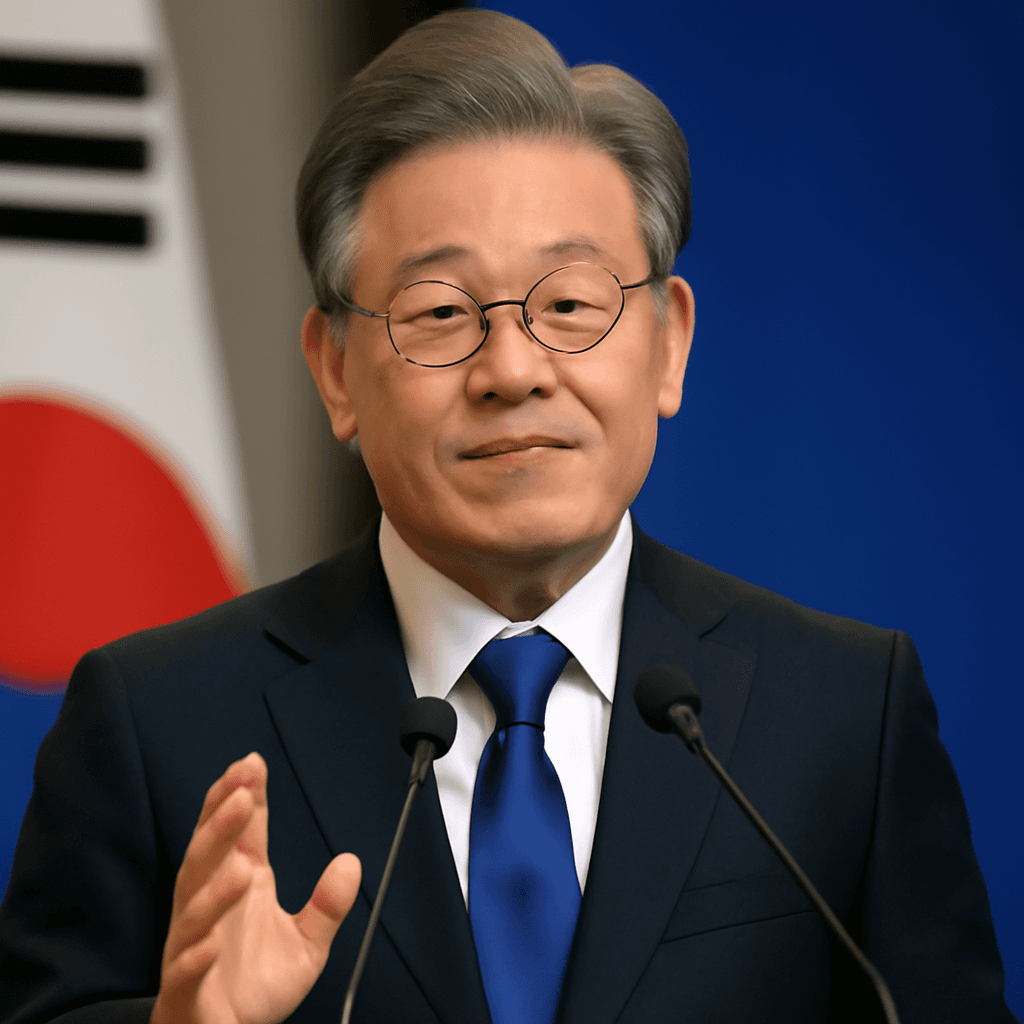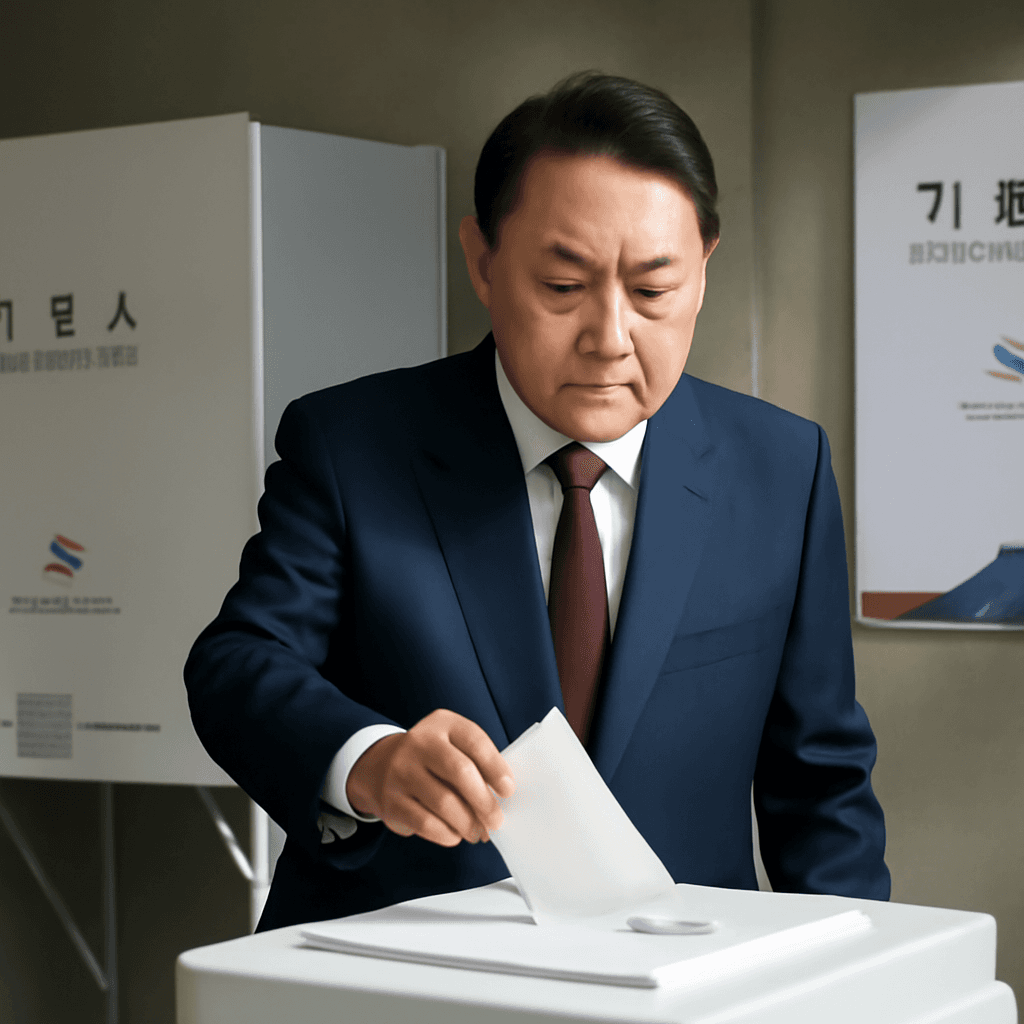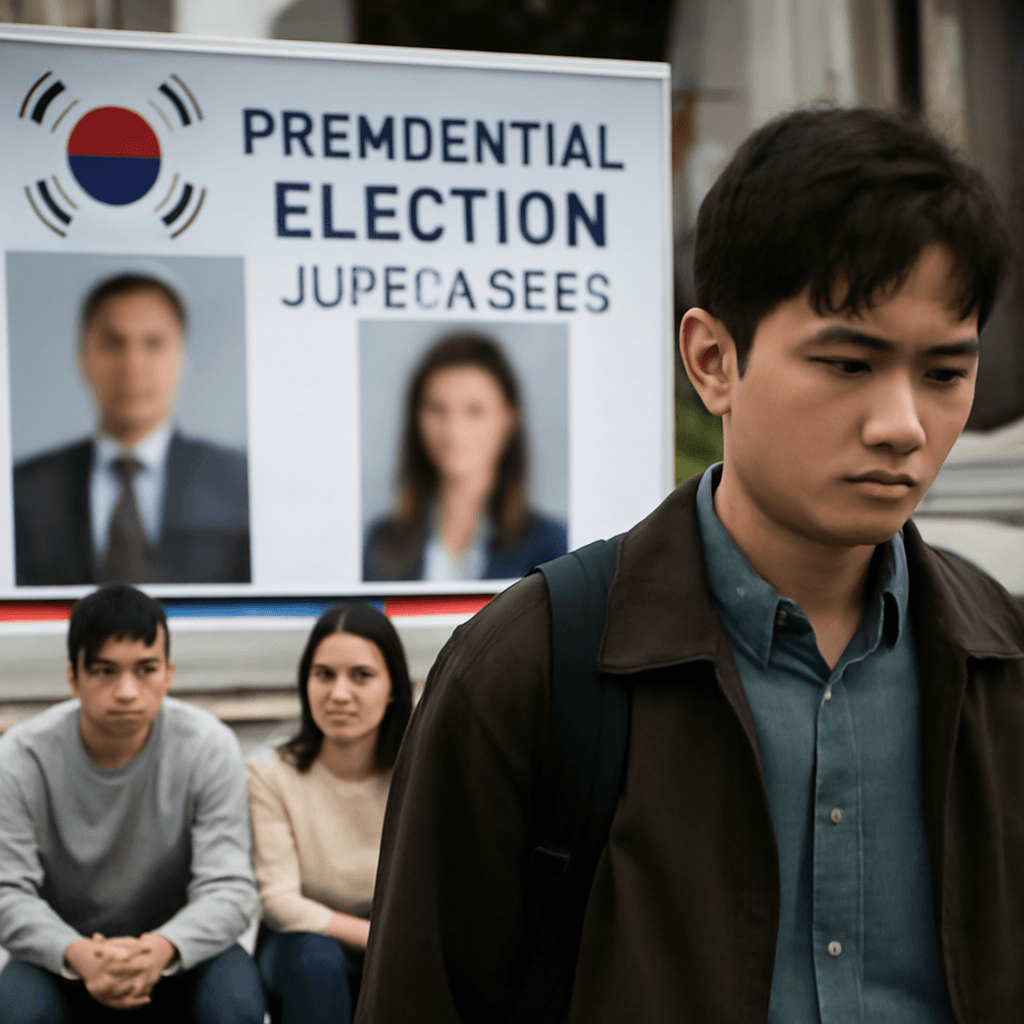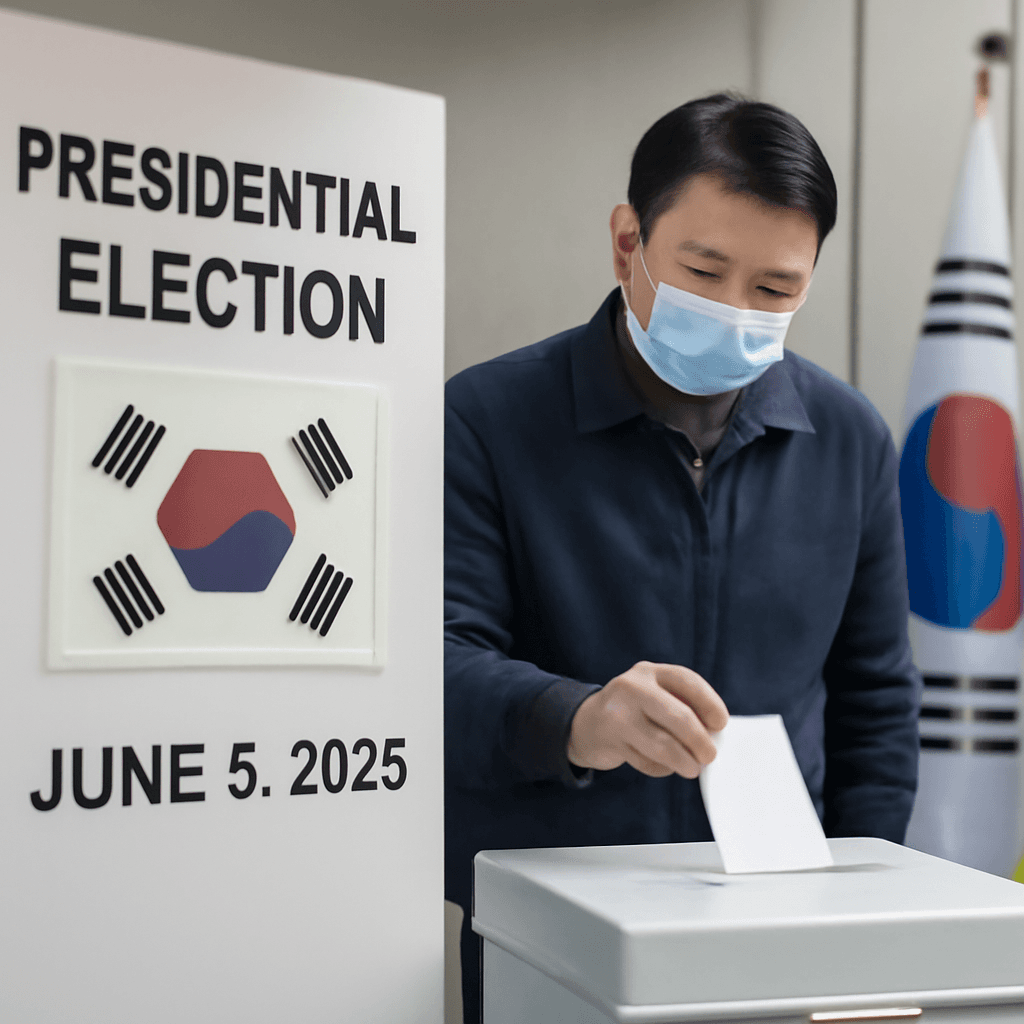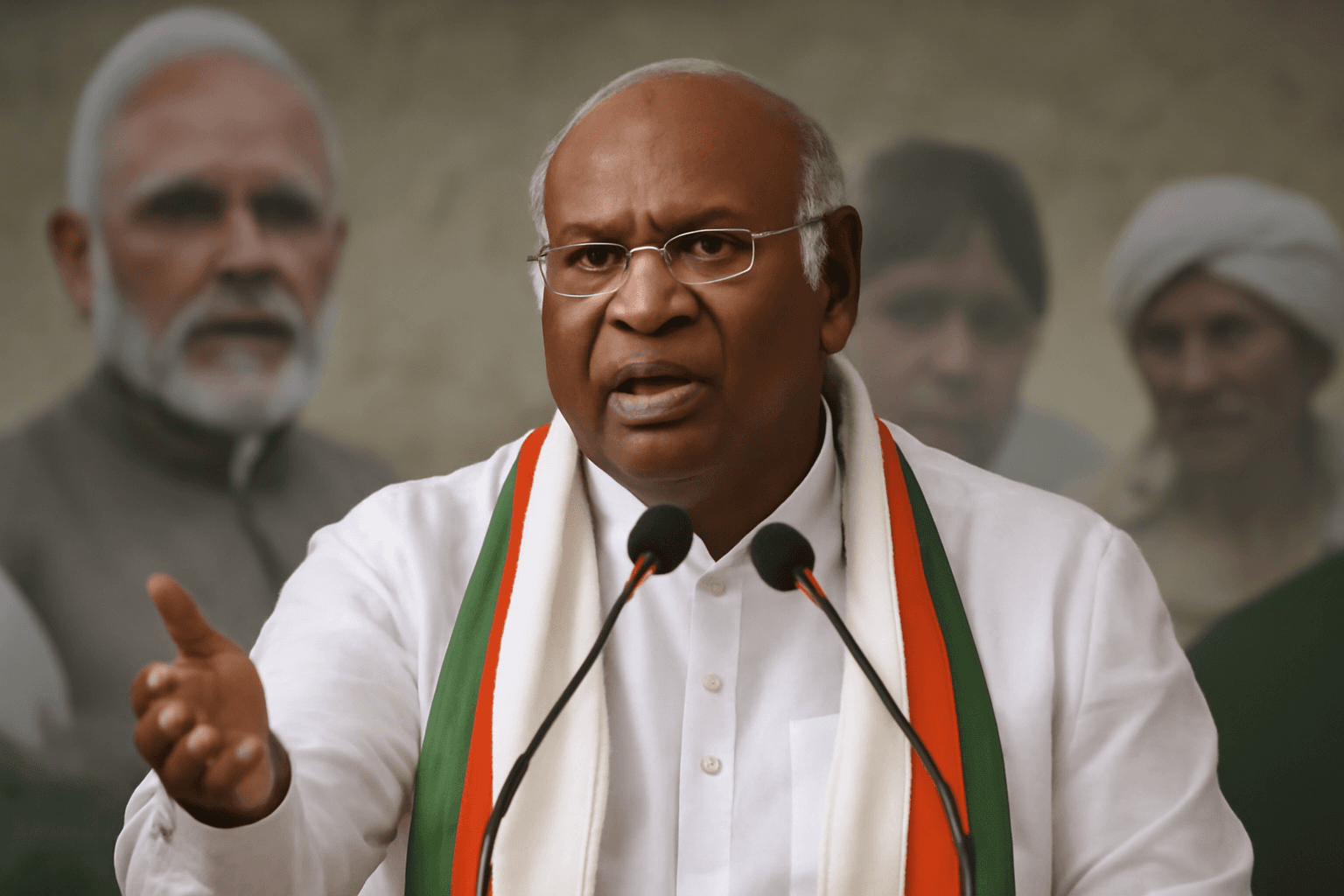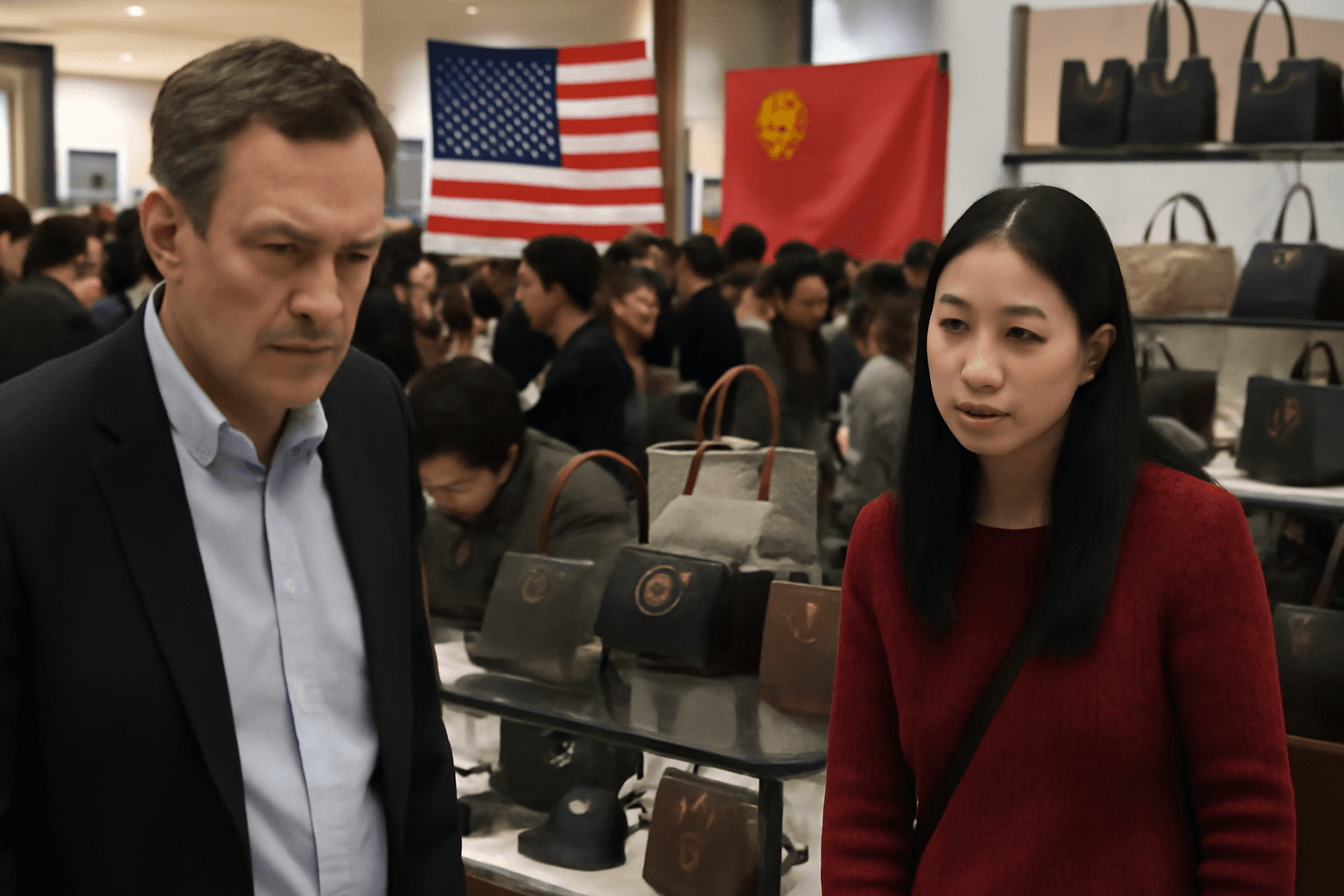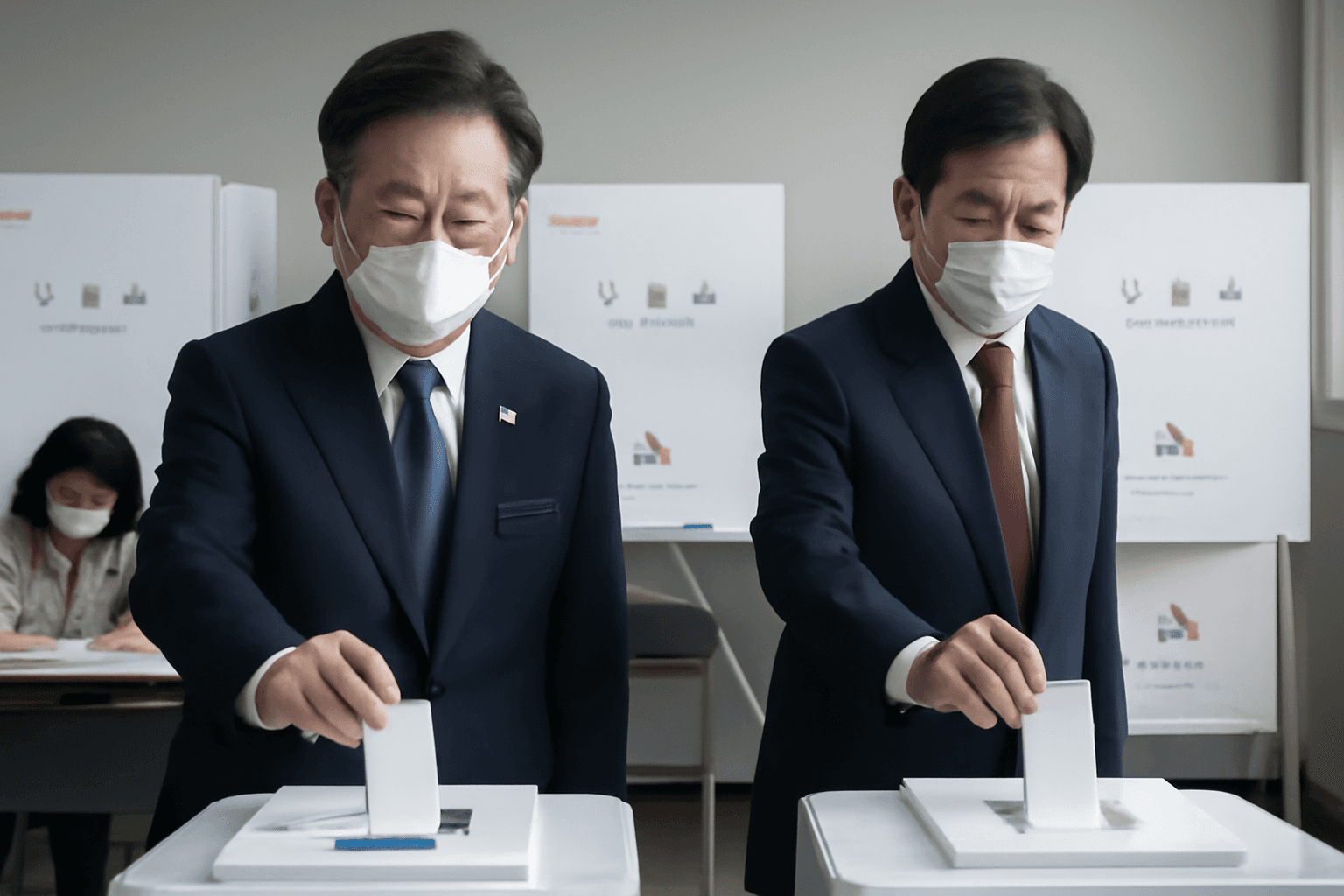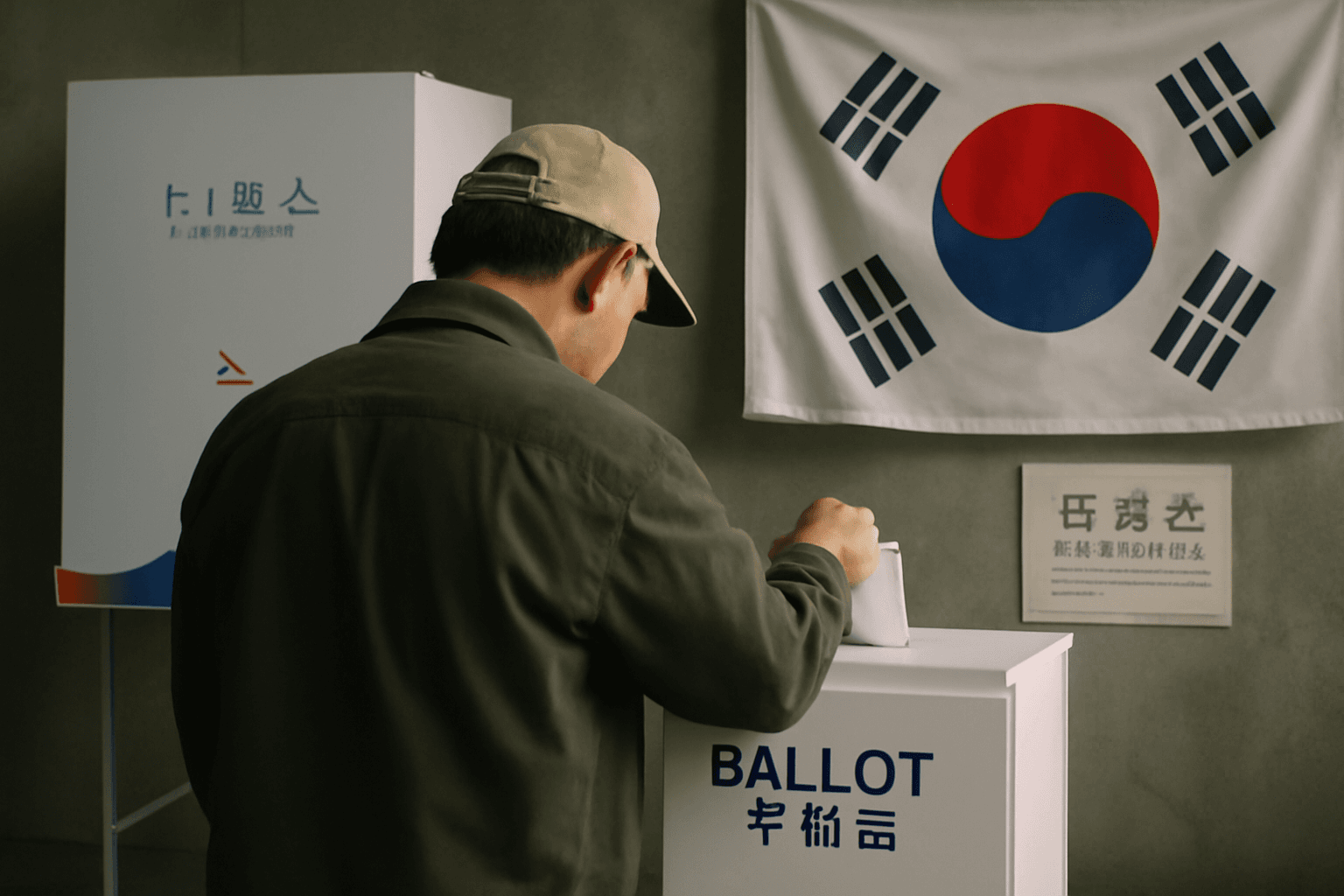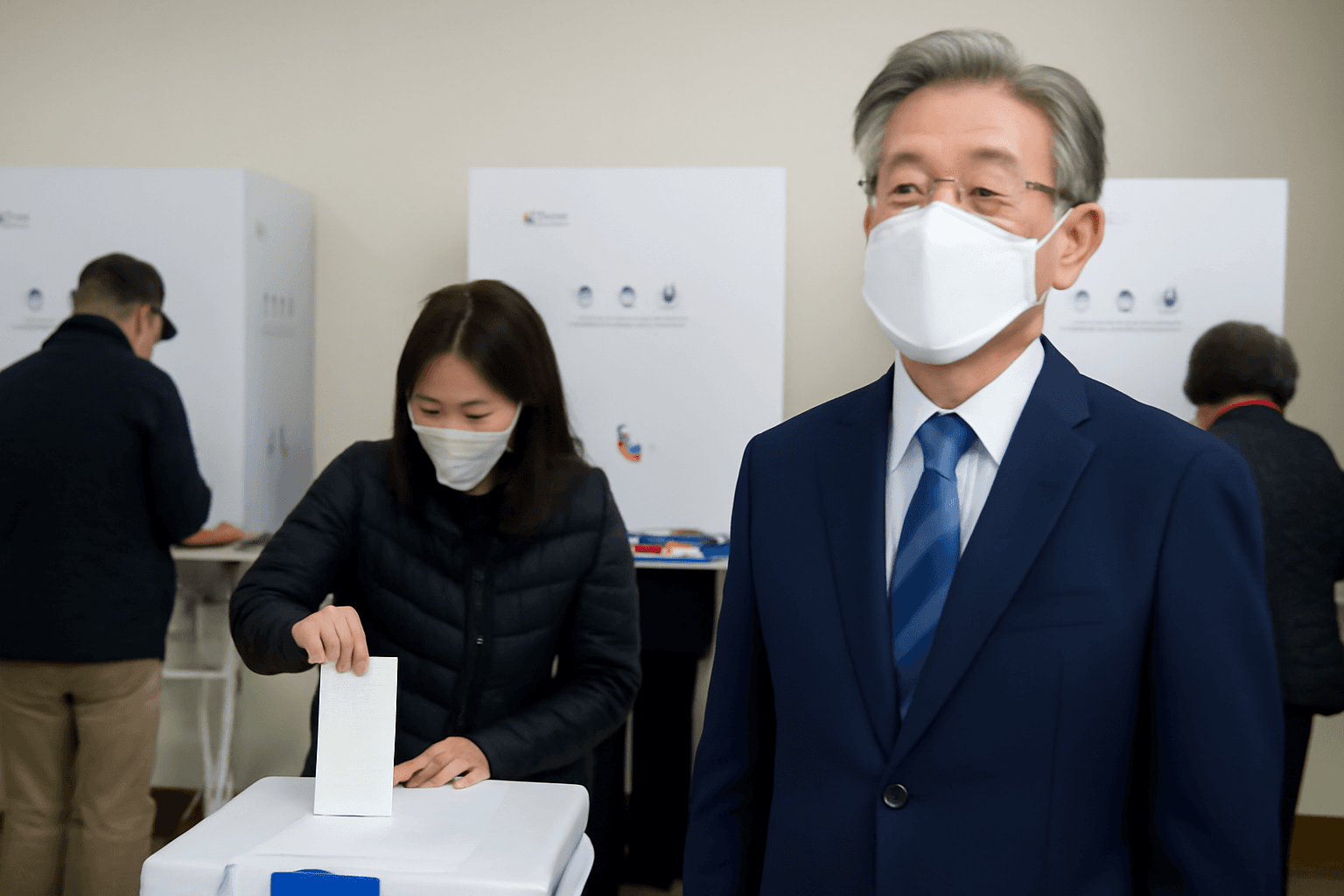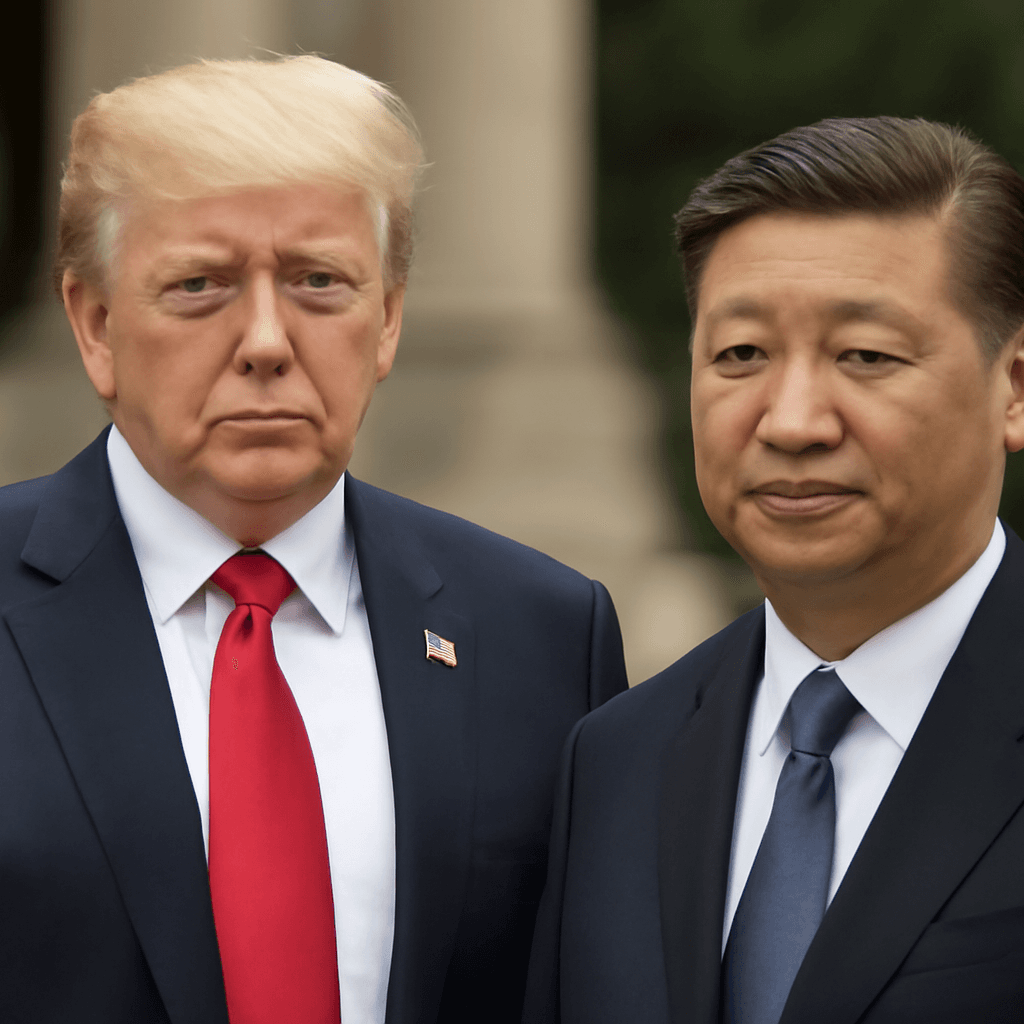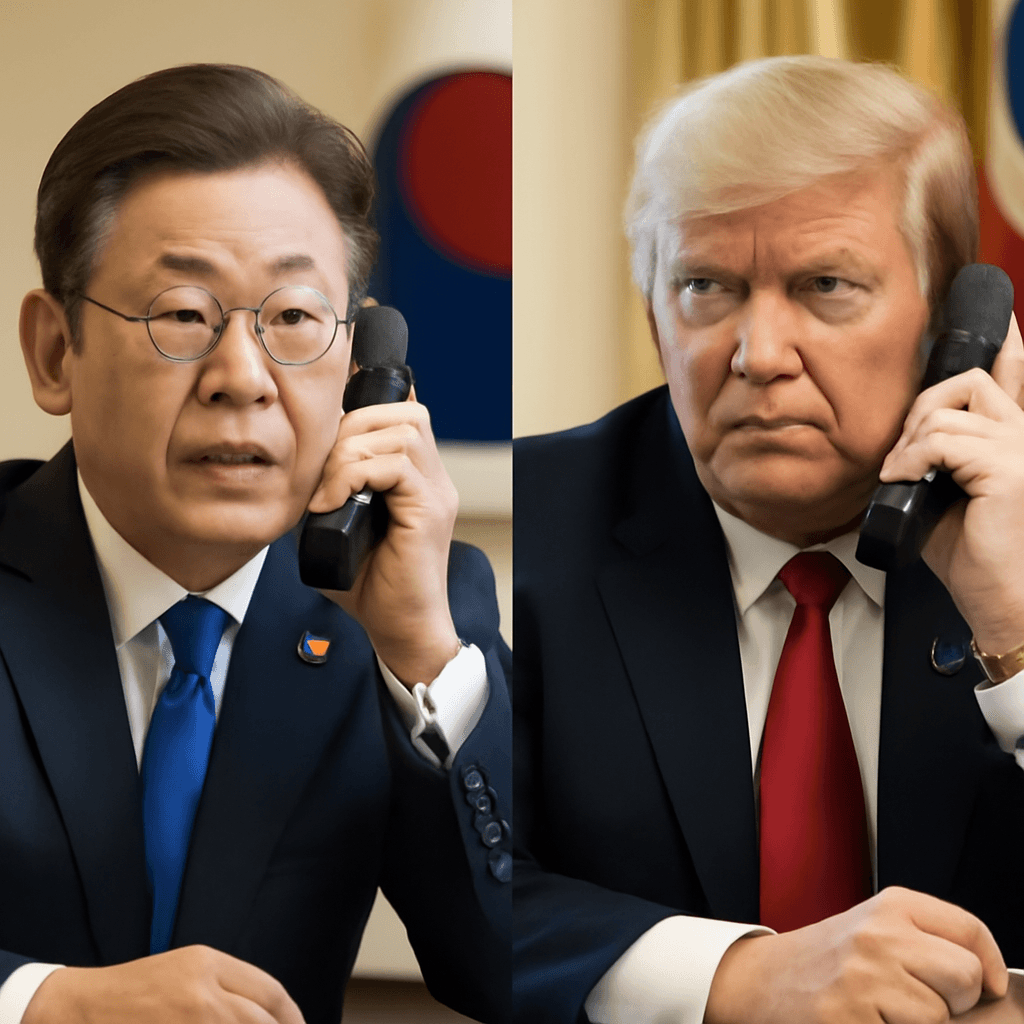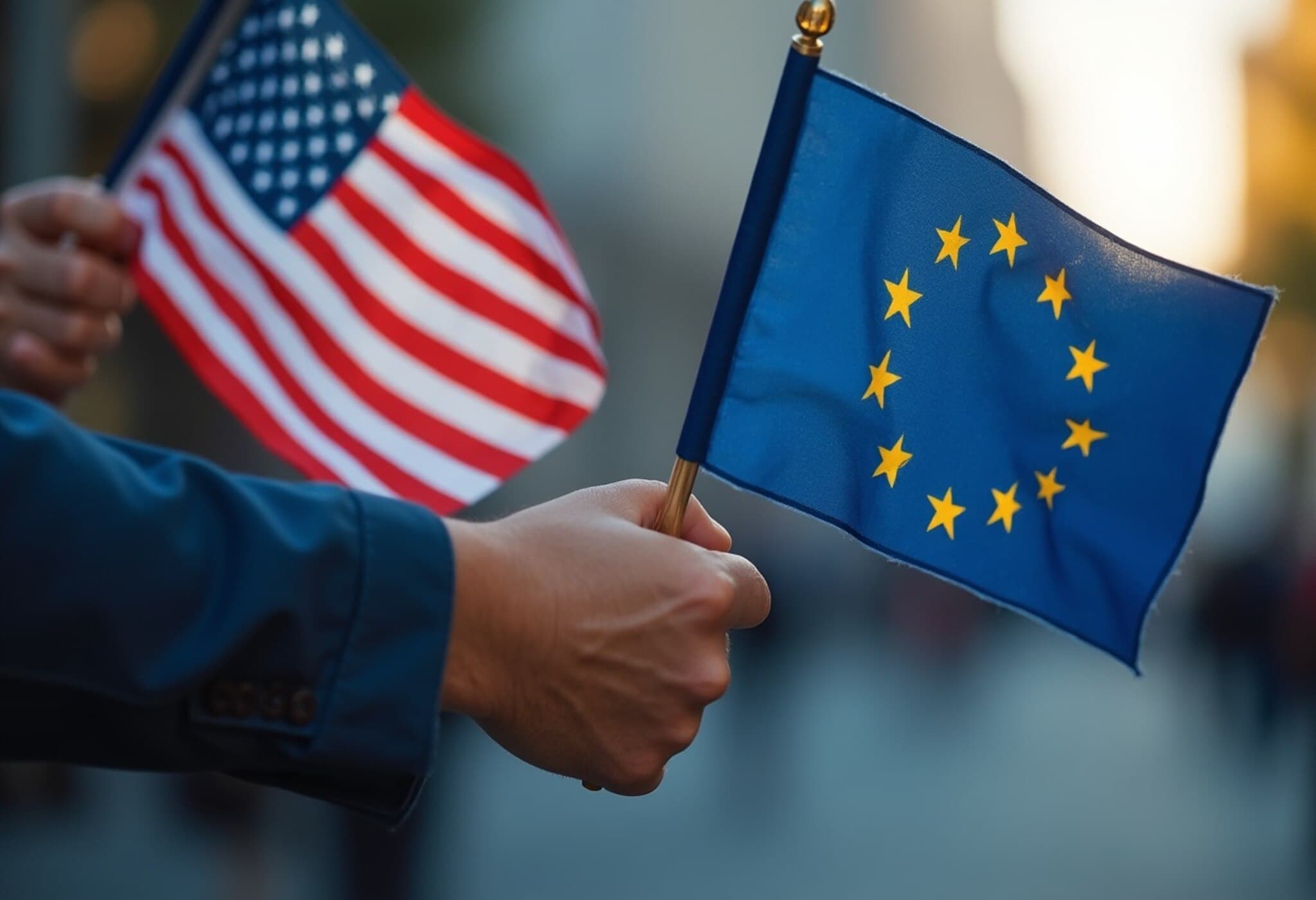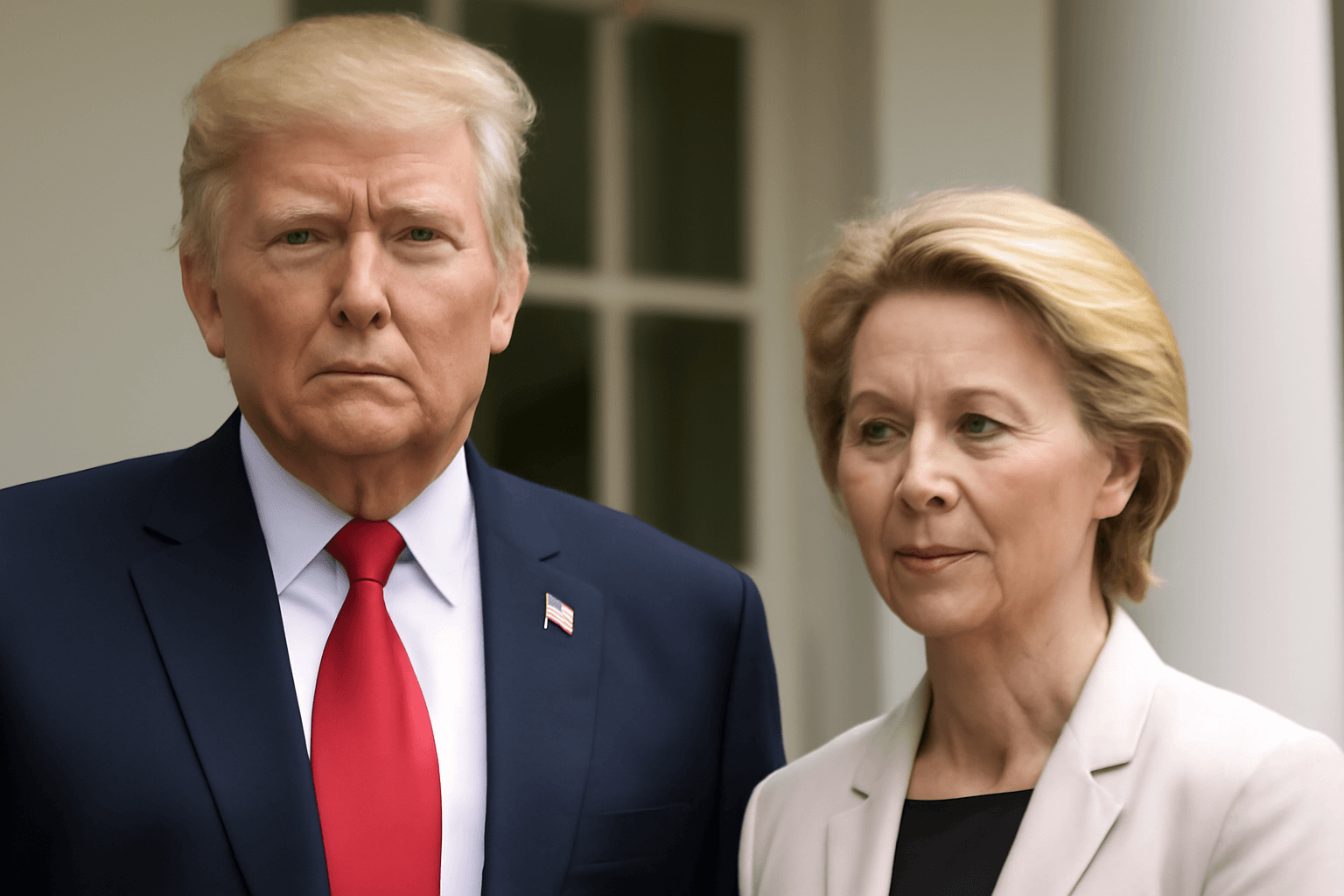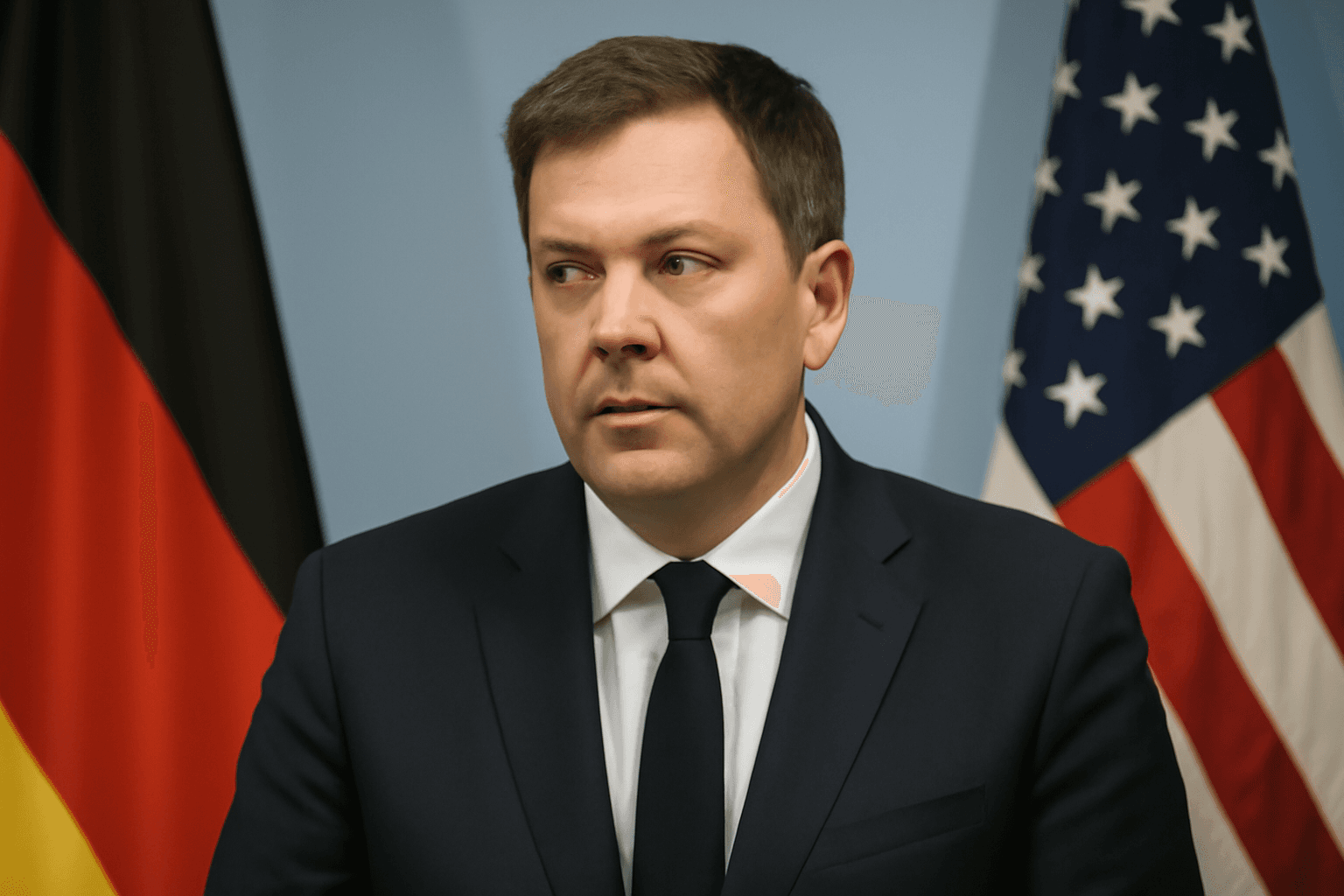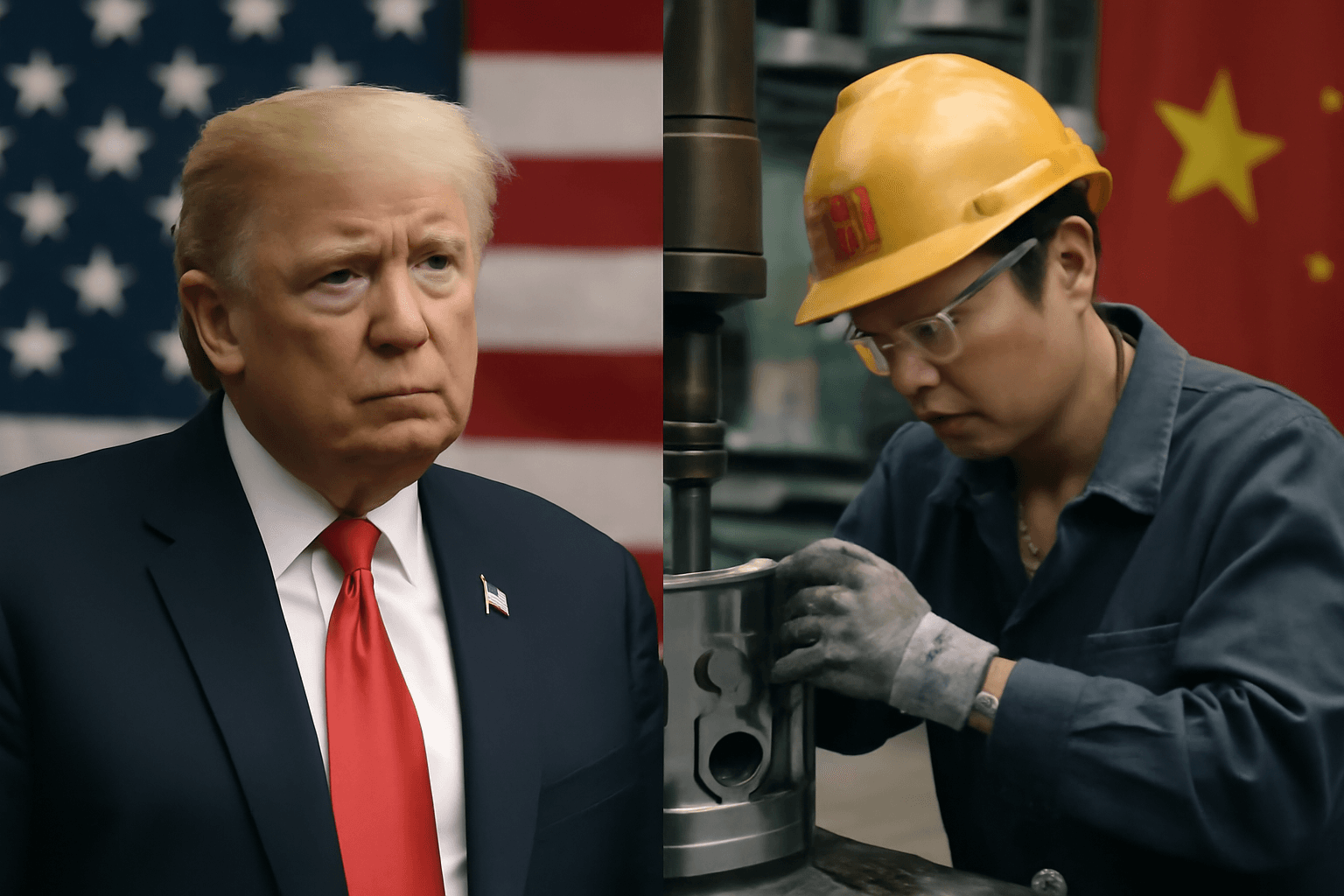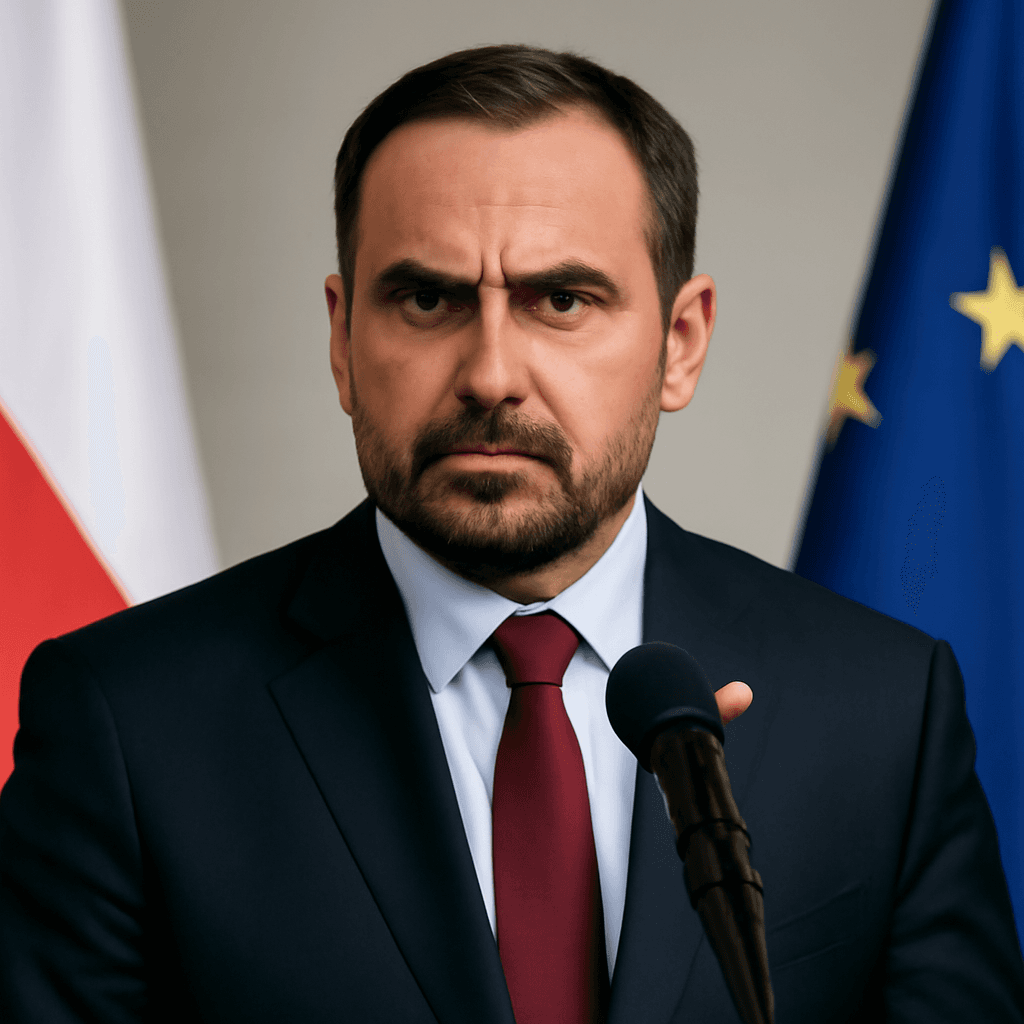Lee Jae Myung Poised to Win South Korea's Presidential Election
South Korean opposition leader Lee Jae Myung is leading in opinion polls ahead of the nation's snap presidential election scheduled for Wednesday, signaling a potential shift in the country's political landscape. Lee, representing the Democratic Party of Korea, currently enjoys a significant advantage over his closest competitor.
Polling Highlights
- 49% of respondents are in favor of Lee becoming president according to a recent Gallup poll.
- His main rival, Kim Moon Soo of the conservative People's Power Party, holds 35% support.
The election follows a period of political instability triggered by the brief declaration of martial law last December and the subsequent removal of President Yoon Suk Yeol by South Korea's Constitutional Court.
Background and Political Context
Lee Jae Myung narrowly lost to Yoon Suk Yeol in the previous presidential election but now appears positioned to succeed him, potentially altering South Korea's domestic and foreign policy directions. His victory would impact ongoing trade negotiations with the United States as well as South Korea's approaches to China and North Korea.
Despite facing legal challenges over alleged breaches of election laws, Lee's eligibility was upheld by the South Korean High Court, clearing the way for his candidacy.
Policy Outlook Under Lee's Leadership
Experts suggest that although Lee has recently moderated his political stance to appeal to centrist voters, his governance is expected to lean leftward. Key policy areas that will be closely watched include:
- Fiscal measures to stimulate growth and support strategic industries.
- Approach to the U.S. tariff negotiations, with potential delays to meet benchmark agreements like those attained by Japan.
- Economic recovery efforts aimed at addressing the dual challenges of revitalizing South Korea's economy and managing international trade agreements.
Comparison with Rival Candidate Kim Moon Soo
While both Lee and Kim share goals such as promoting economic growth, stabilizing financial markets, and improving housing affordability, their strategies differ markedly.
- Lee advocates for fiscal expansion through government spending on strategic sectors and governance reforms aimed at enhancing equity markets.
- Kim prefers deregulation, tax cuts, and incentivizing private entrepreneurship to drive growth.
Monetary policy under the Bank of Korea is expected to complement these fiscal approaches by managing economic growth projections.
Market and Economic Implications
Regardless of the election outcome, the South Korean won is forecasted to strengthen against the U.S. dollar due to reduced political uncertainty with the new government and broader weakness of the dollar against Asian currencies. The central bank has recently lowered interest rates to their lowest level since August 2022, signaling concerns over slowing economic growth.
In the immediate term, the cabinet and policymakers will focus on concluding trade agreements with the U.S., with a package deal initially targeted for completion by July 8.

